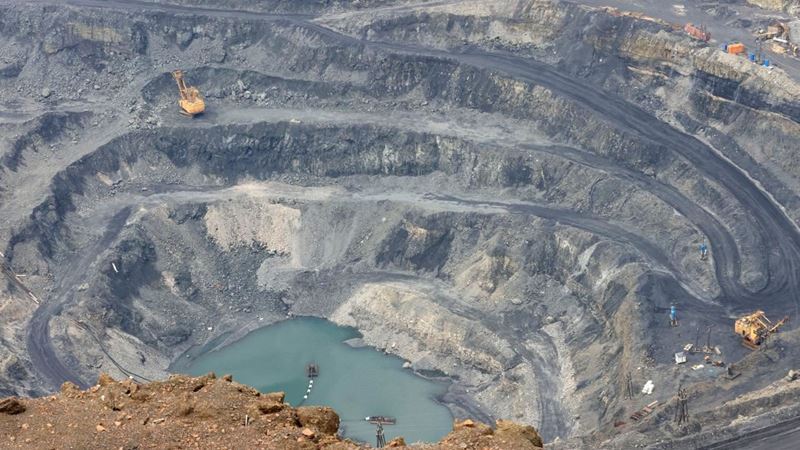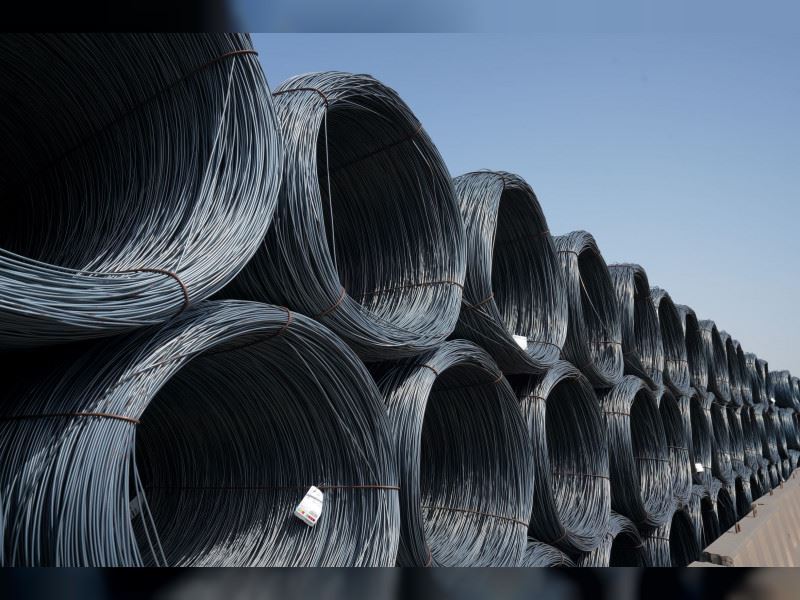According to FIMI's representation to the government, the mining sector faced adverse effects when export duties were previously imposed on low-grade iron ore fines and pellets in May 2022, although these taxes were later lifted in November of the same year. Iron ore holds significant importance among non-coal minerals, contributing a major share to the country's GDP and playing a vital role in job creation, employing around 500,000 individuals directly and indirectly.
The vast majority of India's iron ore exports, over 90%, are destined for China. FIMI emphasized the importance of maintaining the current status of zero export duty on iron ore and pellets, urging against any proposals for export restrictions or bans.
FIMI highlighted projections of increased iron ore production capacity to 330 million tonnes in FY'25 due to the opening of new mines and expansion of existing ones. However, it warned that if exports were banned or subjected to duties, production could drop to 225 million tonnes.
In iron ore mining, a substantial portion, approximately 25-30%, is generated as lumps, while the rest exists as fines. FIMI noted that fines below 58% Fe are unsuitable for use by the steel industry, particularly the secondary steel sector, and are required to be retained within mining lease areas. Failure to remove low-grade iron ore fines not only limits lump production but also poses environmental risks and hinders scientific mining practices.









Comments
No comment yet.